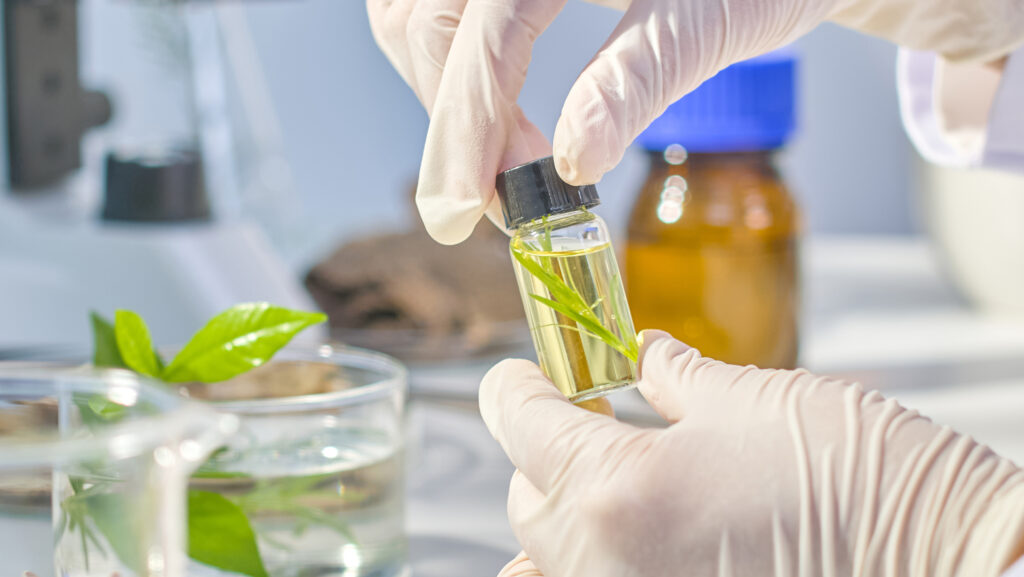Opinion: The UK should build on its precision breeding work
 © Adobe Stock
© Adobe Stock Precision breeding – using technology to guide changes within a plant’s existing genetic building blocks – is a transformational development that will add to the breeder’s toolbox.
As a plant breeding technology, it can achieve similar outcomes to conventional breeding, but faster and more efficiently.
It will help deliver sustainable crops that meet the specific needs of both producers and consumers.
See also: Defra secretary gives the thumbs up to gene editing
About the author

Mark Buckingham is the corporate engagement lead for Bayer UK. Here he sets out the case for taking precision breeding to the next level.
Every year, Bayer spends around €2.5bn on research and development (R&D) in agriculture, including in precision breeding to enable plant breeders to access innovative, beneficial characteristics within a plant’s own gene pool.
Examples include extensive work on “short stature corn” – a phased project where we are using all plant-breeding techniques to deliver shorter, high yielding, more resilient maize.
The first phase of this technology, developed with conventional breeding, is already being introduced in Spain.
In the UK, Bayer is active in oilseed rape, maize and horticultural crops, including tomatoes, peppers, cucumbers, broccoli and strawberries.
Dynamic regulation
It is important to note that regulatory policy developments are dynamic and have evolved over the years since Argentina became one of the first countries to put in place a regulatory approach for precision breeding in 2015.
Many countries around the world have developed similar policies.
Several countries with gene-editing policies in place treat precision breeding as a tool which is like conventional breeding and their regulations reflect that.
Others, such as the EU and China, approach the regulations with a “genetically modified organisms” mindset.
This means costs will be higher, timelines longer and potential benefits fewer.
We are very encouraged by progress on precision breeding in England, particularly the government’s commitment, announced at last week’s Oxford Farming Conference, to bring forward the detailed regulations by the end of March 2025.
However, there are also learnings. The UK has not seen an “England only” regulatory environment before, and progress on commodity crops will need to be carefully charted while devolved nations develop their own precision-breeding policies.
Challenges
As a society, we need to respond to the challenges of food security and climate change.
Two wet autumns in a row have put pressure on UK cereal production, while we are also working to restore biodiversity and implement more regenerative practices.
Innovation is how we can best respond while maintaining a safe, affordable food supply, and enabling science-based, proportionate regulation is how to support innovation.
Alongside precision breeding, other technologies are also important to meet these challenges, including biological and chemical plant protection, digital tools and genetically modified plant breeding.
The benefits these technologies offer are important to support food security.
The mix and opportunity from this range of innovation offers hope that increasing global food demand can be met while simultaneously reducing impact and supporting profitable farming.
Advantages
The UK has many competitive advantages in terms of its science, research and development culture, and the autonomy to set its own regulations.
However, the opportunity extends beyond the UK. The world needs agricultural innovation, and the UK should embrace this challenge.
If the UK can build on the precedent it is setting with precision breeding and move towards evidence-based positions aligned with global best practice on more aspects of agricultural regulation, then it can greatly increase the impact of UK-based science and R&D to protect nature and support a growing world population.
